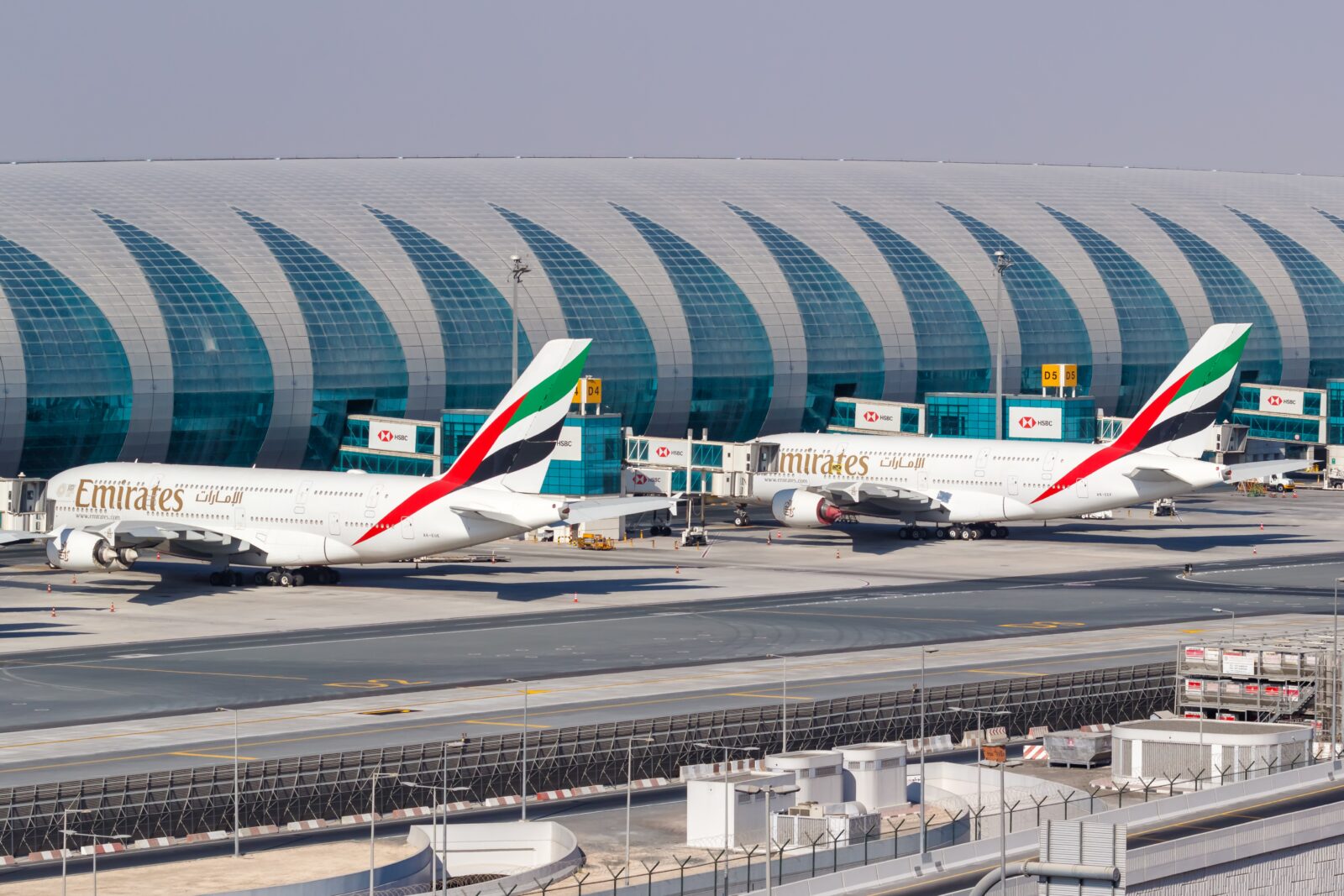
Emirates has finally resumed services to Nigeria after suspending flights for nearly two years because of the country’s refusal to hand over as much as $85 million in revenues that the Dubai-based carrier had made in Nigeria but that it couldn’t get out.
Trapped revenues have become a growing problem for international airlines, with several countries making it extremely difficult for carriers to repatriate revenues to banks in their home state.
Some of the worst offenders for refusing to release airline revenues now include Pakistan, Bangladesh, and Algeria, as well as Ethiopia, Lebanon, and Eritrea, according to the International Air Transportation Association (IATA) which says $1.8 billion in airline revenues remain stuck in foreign countries.
Significant progress has, however, been made in Nigeria after the country’s central bank started to release funds to airlines. At its peak in June 2023, the West African nation was responsible for blocking funds of up to $850 million because the Central Bank wanted to hold onto revenues made in US dollars.
While other international airlines continued operating in Nigeria despite the problems, in 2022, Emirates threatened to suspend services to the country unless the blocked funds were quickly released.
After partially suspending flights in September 2022 over the issue, Emirates agreed to reinstate services when the Nigerian Central Bank agreed to hand over a portion of the blocked funds.
That promise, however, failed to materialize, so Emirates cut all services to Nigeria in late October 2022.
According to IATA, Nigeria managed to clear 98% of blocked funds by April 2024, and a month later, Emirates announced that it would finally return to the country.
On Wednesday, Emirates operated its first service to Nigeria’s financial capital, Lagos, as part of a new once-daily service. The airline did not reference the dispute, although Emirates’ chief commercial officer, Adnan Kazim, acknowledged that the resumption of flights had been “a long-awaited moment.”
“We are committed to making this route a success and look forward to contributing to the Nigerian aviation industry’s growth and offering travelers and businesses more choice and connectivity to key destinations across our network,” Kazim continued.
Emirates will use a Boeing 777-300 for the new service with eight first-class suites, 42 Business class seats, and 304 economy class seats.
During the pandemic, Emirates also cut flights to Nigeria over tit-for-tat measures that resulted in Nigerian nationals being banned from entering Dubai. On Thursday, Emirates said it would now offer 48 hour and 96 hour Dubai visa applications for passengers on its Lagos to Dubai route – an offer that is exclusive to Emirates.
Related
Mateusz Maszczynski honed his skills as an international flight attendant at the most prominent airline in the Middle East and has been flying ever since... most recently for a well known European airline. Matt is passionate about the aviation industry and has become an expert in passenger experience and human-centric stories. Always keeping an ear close to the ground, Matt's industry insights, analysis and news coverage is frequently relied upon by some of the biggest names in journalism.







